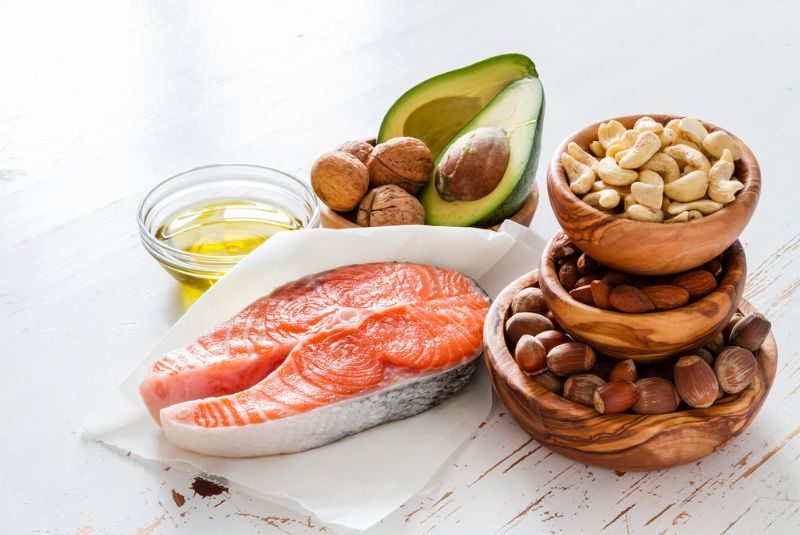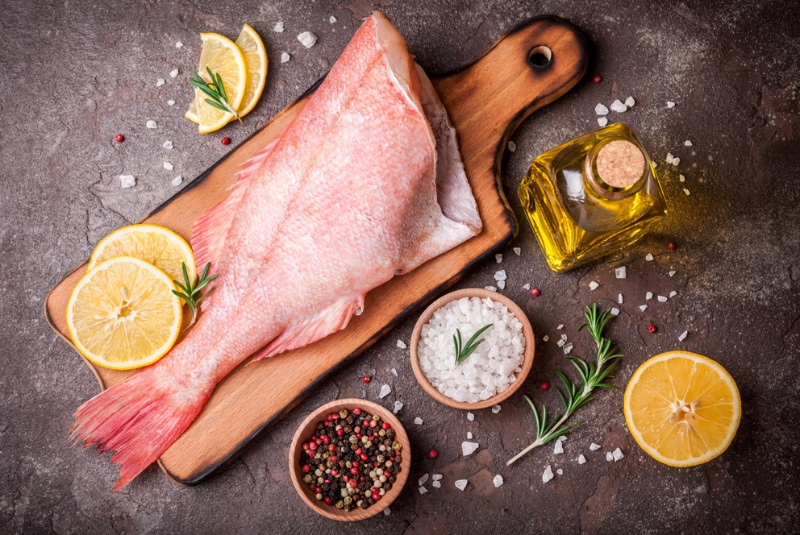Summer is the perfect time to embrace healthier eating habits, thanks to the abundance of fresh produce and the natural inclination to consume lighter, refreshing foods. Whether you're looking to lose weight, boost energy levels, or simply enjoy seasonal ingredients, choosing the right summer diet can make a significant difference. This guide explores some of the best summer diets, each offering unique benefits to help you feel your best during the warmest months of the year.
The Mediterranean Diet
The Mediterranean diet is renowned for its heart-healthy benefits and emphasis on fresh, wholesome foods. It includes a variety of fruits, vegetables, whole grains, legumes, nuts, and olive oil, with moderate consumption of fish, poultry, and dairy, and limited red meat. This diet encourages the use of herbs and spices instead of salt to flavor foods. The Mediterranean diet not only supports weight loss but also promotes overall well-being by reducing the risk of chronic diseases. Its focus on seasonal produce makes it an ideal choice for summer, allowing you to enjoy fresh, vibrant flavors while maintaining a healthy lifestyle.
The Flexitarian Diet
The flexitarian diet is a flexible approach that primarily focuses on plant-based foods while allowing occasional meat and animal products. This diet is perfect for those who want to reduce their meat intake without completely eliminating it. Emphasizing fruits, vegetables, whole grains, and plant-based proteins, the flexitarian diet supports weight loss, heart health, and environmental sustainability. During summer, this diet is easy to follow with the availability of a wide range of fresh produce. Incorporating meatless meals into your routine can introduce new flavors and textures, making your summer diet enjoyable and nutritious.
The DASH Diet
The Dietary Approaches to Stop Hypertension (DASH) diet is designed to combat high blood pressure and promote heart health. It emphasizes the consumption of fruits, vegetables, whole grains, lean proteins, and low-fat dairy while limiting salt, red meat, and added sugars. The DASH diet is rich in nutrients like potassium, calcium, and magnesium, which help manage blood pressure. Its balanced approach makes it suitable for summer, allowing you to enjoy a variety of seasonal fruits and vegetables. The diet’s focus on reducing sodium intake aligns well with summer hydration needs, supporting overall health and well-being.
The Paleo Diet
The paleo diet, also known as the caveman diet, focuses on consuming whole, unprocessed foods similar to what early humans ate. This includes meats, fish, fruits, vegetables, nuts, and seeds while excluding processed foods, grains, dairy, and legumes. The paleo diet promotes weight loss, improved digestion, and reduced inflammation. Summer is an ideal time to follow the paleo diet due to the abundance of fresh, natural foods. Grilled meats, fresh salads, and seasonal fruits can be easily incorporated into this diet, making it both enjoyable and healthful during the warmer months.
The Ketogenic Diet
The ketogenic (keto) diet is a high-fat, low-carbohydrate diet that encourages the body to enter a state of ketosis, where it burns fat for energy instead of carbohydrates. This diet includes healthy fats, moderate protein, and very low carbs. The keto diet is known for its potential to aid weight loss, improve mental clarity, and increase energy levels. Summer offers plenty of opportunities to enjoy keto-friendly foods like avocados, leafy greens, and grilled meats. Staying hydrated is crucial on the keto diet, especially in the summer heat, so incorporating electrolyte-rich foods and drinks is beneficial.

The Whole30 Diet
The Whole30 diet is a 30-day program that eliminates sugar, alcohol, grains, legumes, soy, and dairy to reset your metabolism and eliminate cravings. The focus is on whole foods such as meat, seafood, eggs, vegetables, fruits, and natural fats. This diet aims to identify food sensitivities and promote healthier eating habits. Summer is an excellent time to try Whole30, with its focus on fresh, seasonal ingredients. The diet encourages creative meal preparation and can lead to noticeable improvements in energy, digestion, and overall health by the end of the 30 days.
The Vegetarian Diet
A vegetarian diet excludes meat and fish but includes eggs and dairy (lacto-ovo vegetarian) or excludes all animal products except dairy (lacto-vegetarian). This diet is rich in fruits, vegetables, whole grains, and plant-based proteins. It supports weight loss, heart health, and reduces the risk of chronic diseases. Summer provides an abundance of fresh produce, making it easy to follow a vegetarian diet. Enjoy colorful salads, grilled vegetables, and fruit-based desserts that are both delicious and nutritious, ensuring you meet your dietary needs while savoring the flavors of the season.
The Vegan Diet
A vegan diet excludes all animal products, focusing entirely on plant-based foods. This includes fruits, vegetables, grains, legumes, nuts, and seeds. Veganism supports weight loss, improves heart health, and reduces the risk of certain cancers. During summer, a vegan diet is particularly appealing with the availability of fresh, vibrant produce. Experiment with smoothies, salads, and plant-based BBQ options to enjoy a variety of flavors and textures. The vegan diet also supports environmental sustainability and animal welfare, making it a holistic choice for conscientious eaters.
The Low-Carb Diet
A low-carb diet limits carbohydrate intake while increasing the consumption of proteins and fats. This diet helps with weight loss, blood sugar control, and overall metabolic health. Foods such as meats, fish, eggs, vegetables, and healthy fats are staples of the low-carb diet. Summer is an ideal time to follow a low-carb diet, with many fresh vegetables and lean proteins readily available. Grilled meats, vegetable stir-fries, and low-carb salads can be enjoyed, making it easier to stick to your dietary goals while enjoying the season’s best offerings.
Hydration and Healthy Beverages
Staying hydrated is crucial during the summer, especially when following any diet. Water is the best choice, but you can also include herbal teas, infused water, and electrolyte-rich drinks. Avoid sugary beverages and sodas, which add empty calories. Freshly made smoothies and juices from seasonal fruits and vegetables can provide hydration and essential nutrients. Incorporating hydrating foods like cucumbers, watermelon, and oranges into your diet also helps maintain hydration levels. Proper hydration supports all bodily functions, enhances energy levels, and helps you stay refreshed during the hot summer months.
Choosing the best summer diet involves considering your health goals, lifestyle, and personal preferences. Whether you opt for the Mediterranean, flexitarian, DASH, paleo, keto, Whole30, vegetarian, vegan, or low-carb diet, each offers unique benefits that can help you feel your best during the warmest months of the year. Embrace the abundance of fresh produce and lighter meals that summer provides to enhance your diet and overall well-being. By making mindful choices and staying hydrated, you can enjoy a healthy, vibrant summer full of delicious and nutritious foods.




